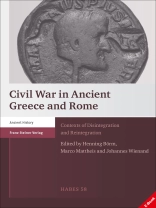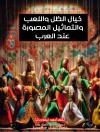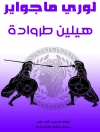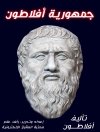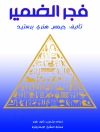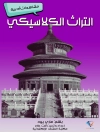Civil war is the most radical form of political conflict. This volume analyses the impact of civil war on society and culture in Greco-Roman antiquity. The collected papers examine phenomena such as tyrannicide, staseis and usurpations from the classical age to late antiquity. The focus lies on the lasting impact violence and disorder had on political discourse and memory culture. In particular, the contributions explore how internal conflicts were staged and performed. Beyond spectacular triumphal celebrations there existed a broad range of symbolic forms of communication pertaining to civil war: rituals of reconciliation, reintegration and restoration as well as acts of commemoration and condemnation. The multidisciplinary volume aims at contributing to a better understanding of the performative and communicative logic of civil conflict within the ancient societies of Greece and Rome.
Über den Autor
Johannes Wienand ist seit 2018 Professor für Alte Geschichte in Braunschweig. Er studierte von 2000 bis 2006 Geschichte und Philosophie in Tübingen, Wien, Konstanz und Pittsburgh und arbeitete anschließend als wissenschaftlicher Angestellter an der Universität Heidelberg (2009 bis 2011) sowie als Akademischer Rat an der Heinrich-Heine-Universität Düsseldorf (2011 bis 2018). 2010 wurde er mit einer Arbeit über die militärische Repräsentation des römischen Kaisers promoviert und habilitierte sich 2018 mit einer Studie über die Gefallenenbestattung im klassischen Athen.
Forschungsaufenthalte führten ihn unter anderem nach Cambridge, Berlin und Frankfurt sowie als Junior Fellow an das Historische Kolleg in München. Er ist Gründer und Sprecher des deutschlandweiten Forschungs- und Digitalisierungsverbunds NUMi D (‚Netzwerk universitärer Münzsammlungen in Deutschland‘) und des DFG-Netzwerks ‚Interner Krieg: Gesellschaft, soziale Ordnung und politischer Konflikt im Altertum‘.
